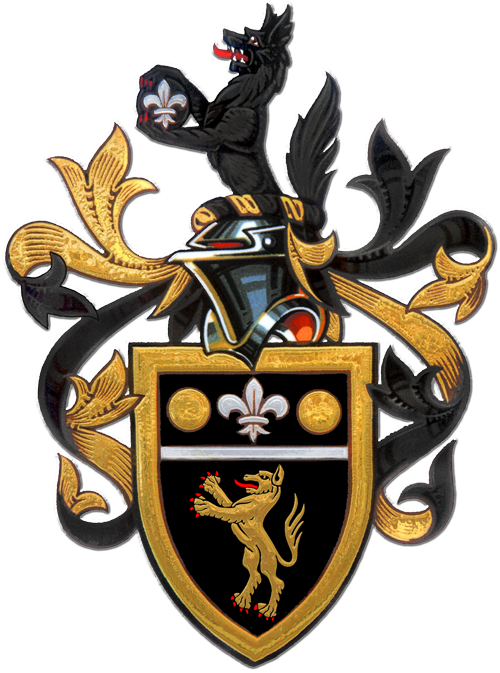Year 8 Latin Speaking Competition

In the Classics department, we were thrilled to welcome Dr Shaul Tor from King’s College London to Wilson’s, as a judge in a Latin speaking competition.
Students in Year 8 practised learning and performing a play in Latin from the Cambridge Latin Course. In class, students all performed, and a winning group was chosen from each form to perform in the final. The performances were wonderful, with really strong pronunciation and acting from each group, and we had the difficult task of choosing a winner.
Dr Tor and the Classics department chose 8S as the winning group, with 8B coming a close second. 8S showed a consistently strong knowledge of pronunciation and an amazing sense of drama.
Everyone who took part in the final will win 10 house points each, with the winning group being awarded 20 house points each. Everyone who came to watch and enjoy the performances will be given 5 house points each.
Following this event at lunchtime, our A Level students were joined by Wallington Girls’ A Level students for a talk delivered by Dr Tor.
Our students really enjoyed this experience.
Shreyas (Year 12) said,
This was a very informative and enjoyable talk - the speaker Dr Shaul Tor delivered an interesting introduction to Xenophanes’ theological philosophies (prefaced with a brief introduction to Ancient Greek Philosophy more broadly), primarily focusing on his rather subversive rejection of the human-like Ancient Greek gods that we are familiar with. The talk was centred around various translated fragments (also given in the original Greek, which was very interesting to dig into from a perspective of word choice and order) of Xenophanes’ own writings, consisting of several critiques of the idea that gods would resemble humans, touching on how every culture reflects themselves within their gods and scathingly remarking that if horses or cows could draw, they would draw gods as themselves. Dr Tor also explored some interesting text fragments where Xenophanes proposed his own idea of a god, a surprisingly prescient conception of a single true god whose nature is beyond our own comprehension, from whom reality takes its form - an interesting (and at the time very subversive) belief that’s rather reminiscent of an Abrahamic God. I very much enjoyed the talk as a whole, as the content was very interesting and Dr Tor’s delivery was consistently engaging - I, along with other audience members had the chance to ask some of my own questions and raise viewpoints throughout the talk, which allowed me to broach some interesting discussions regarding, among other things, the topic of whether even Xenophanes’ own conception of God is inextricably reliant on the human experience. I’m very glad to have had the opportunity to attend this event - it was definitely a thoroughly enjoyable academic experience.
Limo (Year 12) said,
On Monday we heard a very engaging lecture by Shaul Tor from Kings College London on ancient philosophy, focusing particularly on Xenophanes, a late 6th and early 5th century philosopher and the way the divine were presented. He began by talking about the origins of ancient philosophy starting with Aristotle’s report on Thales’ original claim that everything came from water, rather than gods or through mythological ways. This led to various questions such as: Where did everything come from? Was Thales correct? And if not, what claim was correct? He then went on to discussing Xenophanes and his particular view of how gods are presented. Tor explained how Xenophanes believed that mortals created images of the gods in their own likeness and created an interesting idea that horses or lions would draw their gods with horse or lion parts and qualities. Tor suggests that Xenophanes uses this comparison to animals to be critical about the human descriptions of gods, arguing that they should be beyond thought and imagination and be all-powerful. Xenophanes also hints some gods are inferior to or reliant upon others. He suggests, for example, that some gods are born, implying they have an end, as well as suggesting they are an inferior being to their parents. To counter this, Tor uses passages of Xenophanes’ work to show how he described a god who possessed none of the problematic qualities that humans had described, but rather one that could “shake all things by the thought of his mind”.

